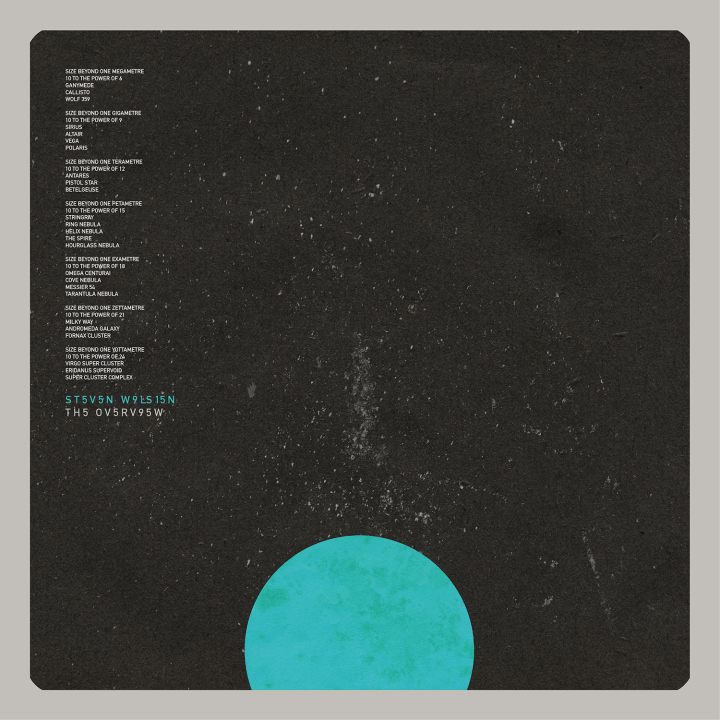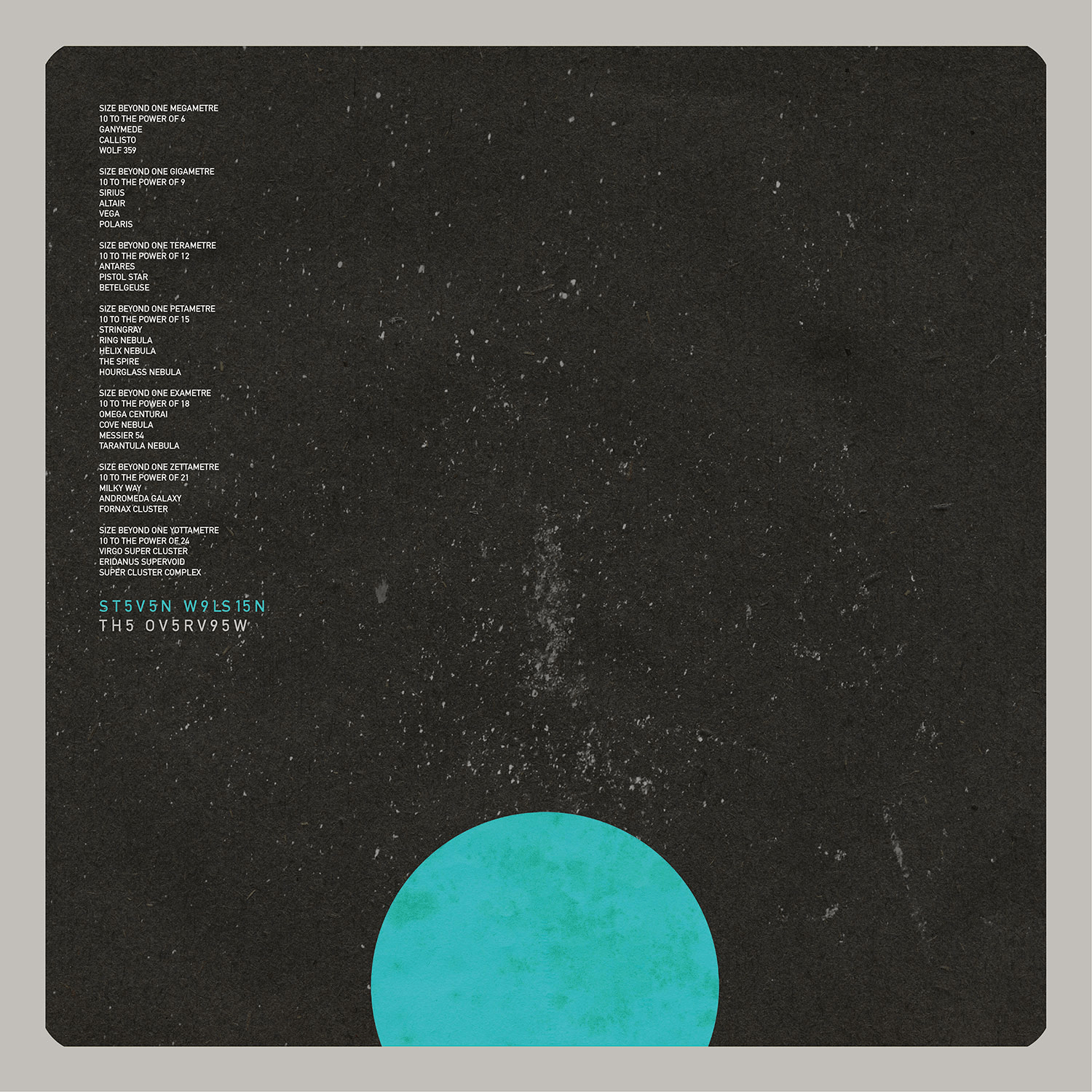
Progressive rock never died. Whenever some grizzled punk soldier next appears on a BBC4 documentary relaying their version of that beloved old fairytale, the Sex Pistols’s Slaying of the Dinosaurs, it’s worth remembering that nothing of the sort occurred. The big beasts of the 1970s – Pink Floyd, Genesis, Yes – thrived into the 1980s and beyond, albeit in somewhat sleeker form. In turn they begat the likes of Marillion, Ozric Tentacles, Dream Theater, Talk Talk, Muse, Radiohead and Lankum, all of whom had or have familial ties to prog.
Porcupine Tree, the project founded by Steven Wilson in the late 1980s, is a case in point. Doggedly unfashionable, Porcupine Tree rose almost without a trace, establishing a vast audience outside of the mainstream critical caucus. With the band largely on hiatus these days, Wilson has continued his paradoxical trajectory into a kind of anonymous stardom. Boasting both the name and face of a reliable chartered accountant, I imagine Wilson can still walk the streets unmolested by fame, yet he sells out arenas and has a large and loyal fanbase.
Wilson has historically been uneasy sailing solely under the flag of prog rock, tacking away into post-punk and trance when the label has felt too limiting. On his seventh solo album, however, he nails his colours firmly to the mast. The Overview is an astral-themed concept album so elaborately conceived it should come with a cover painting by Roger Dean.
Inspired by the ‘overview effect’, the cognitive shunt astronauts experience on viewing Planet Earth from far-flung galaxies, Wilson follows a spaceman as he circles high above our planet, looking down quizzically at the tiny blue and green dot. Reflections and revelations ensue, both deeply personal and wildly metaphysical, conveyed via words and sound. None is terribly profound – David Bowie passed this way more than half a century ago, after all – but the idea works serviceably as a framing device for what might otherwise feel like many disparate pieces of music.
Wilson can still walk the streets unmolested by fame, yet he sells out arenas
There are only two tracks, or suites, each roughly the length of one side of a vinyl record. Each consists of multiple ‘movements’ named things such as ‘The Buddha Of The Modern Age’, ‘Cosmic Sons Of Toil’ and ‘Infinity Measured In Moments’. So far, so perfectly prog. Indeed, much of The Overview sounds as though Wilson has asked himself the question: what might Tangerine Dream, Pink Floyd and Rush sound like if their classic line-ups were making new music today? The answers are by turns determinedly silly, oddly moving, winkingly referential and engagingly imaginative.
Suite one, ‘Objects Outlive Us’, lasts for 23 minutes and is, in part, co-written with Andy Partridge – once of XTC, themselves no stranger to the prog aesthetic. The eight subsections move between ethereal acoustic melodies, layered vocal harmonies, pulverising rock dynamics and melodramatic grandiosity. Deploying Mellotron, modular synthetisers and curlicues of acoustic guitar, some musical motifs feel overly knowing, as though Wilson is displaying his knowledge of the form a little too willingly.
On the 18-minute title track, more contemporary elements come to the fore. The styles encompass acid house and ambient jazz. Over throbbing electronics, Wilson’s wife Rotem robotically recites a kind of cosmic incantation – ‘Ring nebula/ Helix nebula’ – while the zettametres and yottametres zip by. Here, the air of affecting detachment reminded me of Prefab Sprout’s strangely beautiful conceptual piece, I Trawl the Megahertz.

The Overview confirms that progressive rock has an obvious contemporary attraction. In the age of the TikTok bite, it offers a full meal. The scale, the ambition, the narrative through-line require an immersion which feels vaguely transgressive. It’s fun, too.
Wilson is a maximalist. Alabaman singer-songwriter Jason Isbell takes the opposite route in pursuit of an equally ambitious endeavour. Foxes In The Snow consists only of his voice and solo acoustic guitar, recorded simultaneously on 11 new songs.
There are pragmatic reasons for this pared-down methodology. Isbell’s regular band, the 400 Unit, includes violinist Amanda Shires. Shires and Isbell were married for a decade but now they are not, which perhaps explains why he felt a break from the old routine might be a good idea.
Yet it also makes creative sense. Isbell is a gifted purveyor of the roots tradition, and in many ways the more clearly he can be heard the better he sounds. His playing is skilled but not fussy or overbearing, while his voice has the conversational intimacy of the best country singers. His words soothe and sting, sometimes in the same line. Minimalism tends to encourage an autobiographical reading, but these songs are rooted in the universal. In the end, Isbell’s intimate masterclass shows us just as much of the world as Wilson’s vaulting space-opera.







Comments